We will recall that the Gnostics claimed to have secret knowledge accessible only to a few. Irenaeus argued that these false intellectuals were not the real teachers of the Faith.
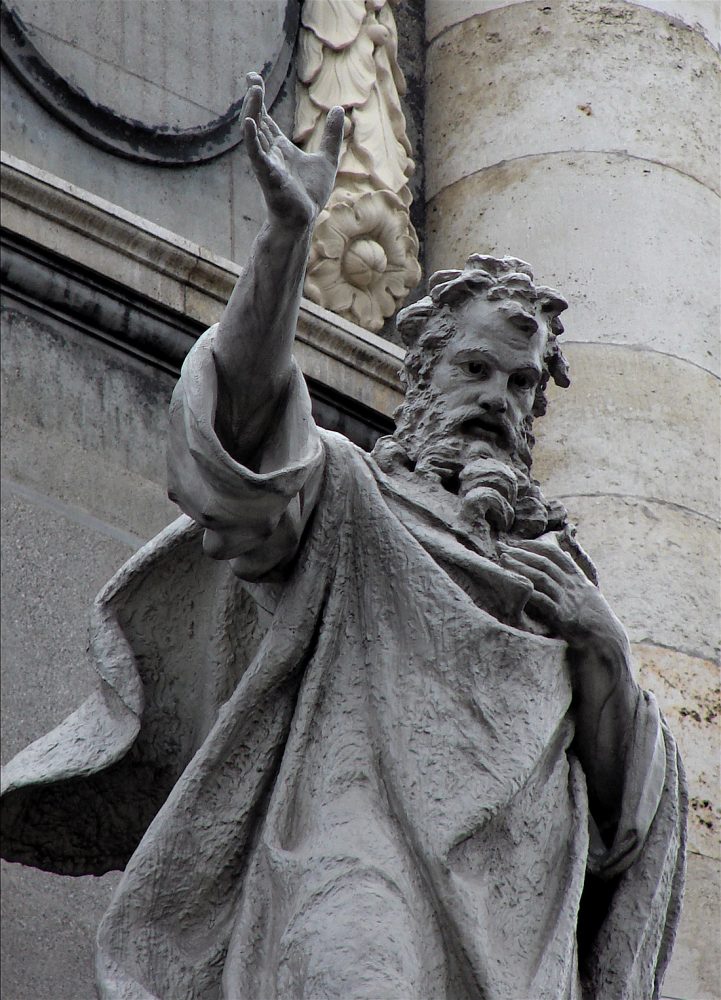

We will recall that the Gnostics claimed to have secret knowledge accessible only to a few. Irenaeus argued that these false intellectuals were not the real teachers of the Faith.
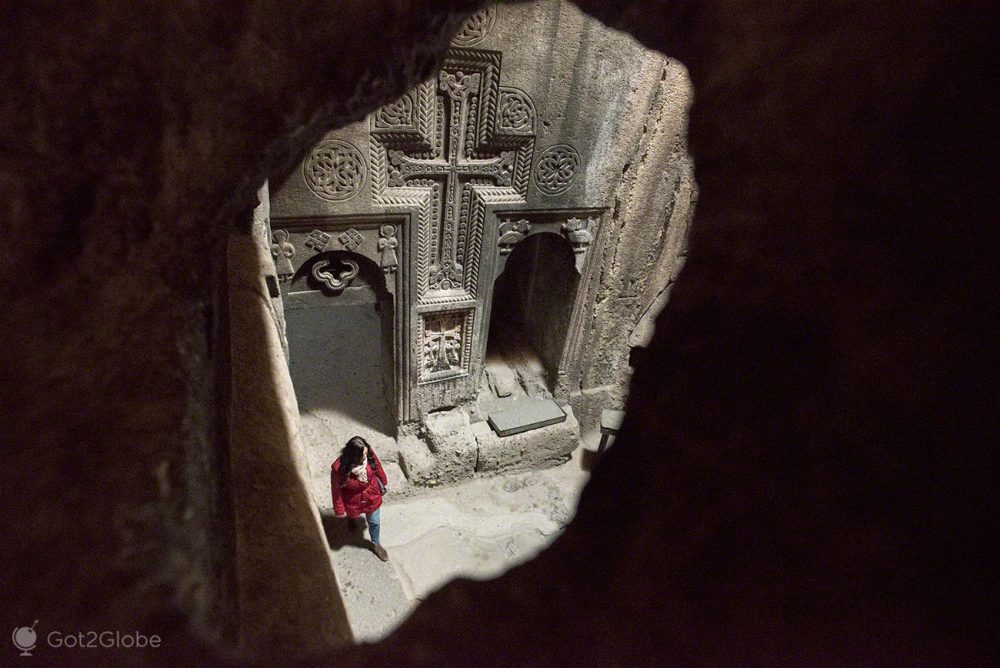
The immortal soul dwells in a mortal tabernacle; and Christians dwell as sojourners in corruptible [bodies], looking for an incorruptible dwelling in the heavens.

The Greek Apologists addressed non-Christians and employed Greek philosophy to defend the Faith from accusations and show that Christianity is the one true religion.
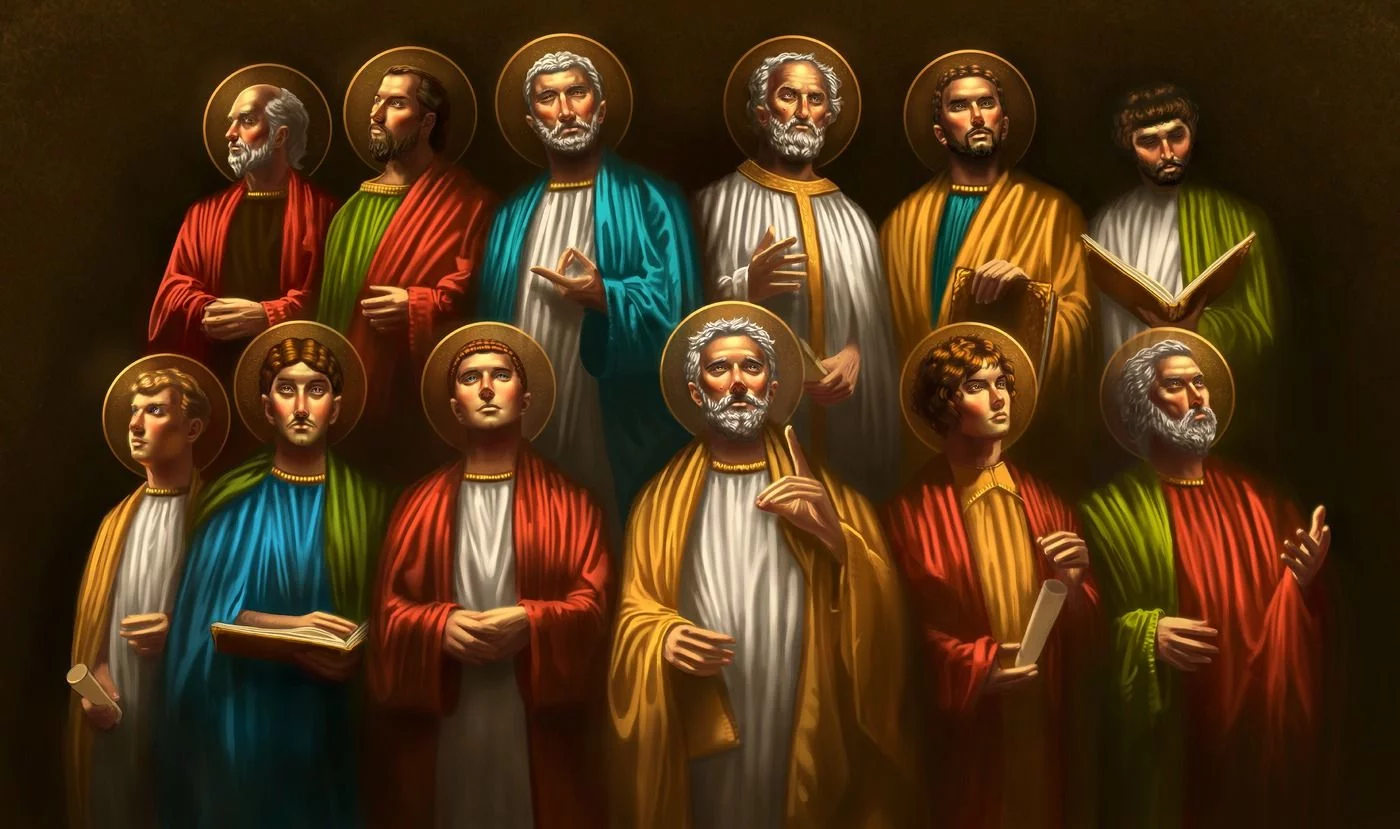
The Didache is a document from the earliest times of the Church. It is a kind of instruction, written during the first five centuries of Christianity, and believed to have come from the apostles. In Greek, it means ‘teaching’ or ‘instruction’ from the title ‘The Lord’s Instruction to the Gentiles through the Twelve Apostles’.
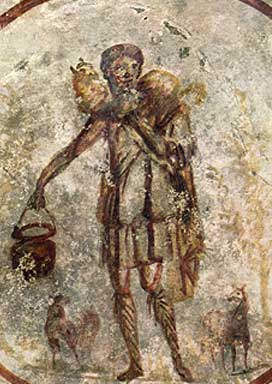
We have already discussed the three great Apostolic Fathers: St Clement, St Ignatius of Antioch, and St Polycarp. There are three other things from this period that we can mention: these concern a bishop, a letter and a revelation.
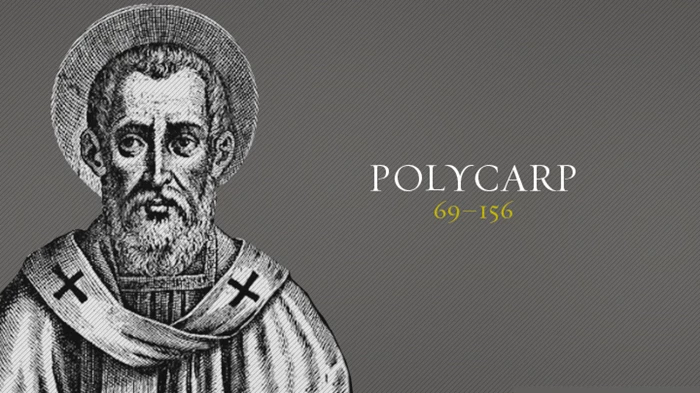
St Polycarp was martyred probably in February 155 or 156 AD. According to St Ignatius, Polycarp was a disciple of John, “the disciple whom Jesus loved”. Moreover, St Ignatius also says that Polycarp was made bishop of Smyrna by the Apostles themselves.
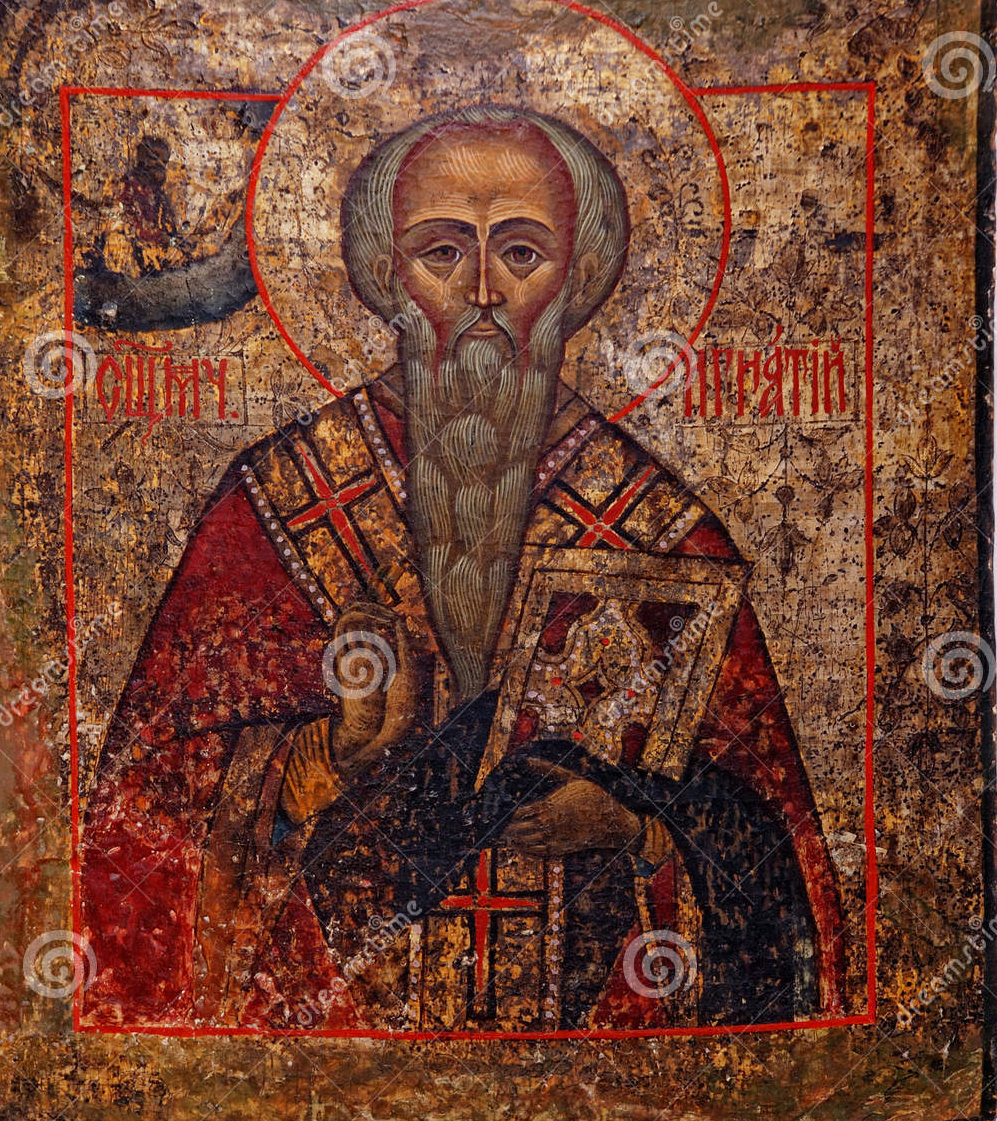
St Ignatius was martyred in Rome during Trajan’s reign (98-117), devoured by beasts. It was while he was being escorted by ten guards on his way to Rome that he wrote seven Letters. The most important of these was the one he wrote to the Christian community in Rome. He told them not to do anything to prevent his martyrdom.
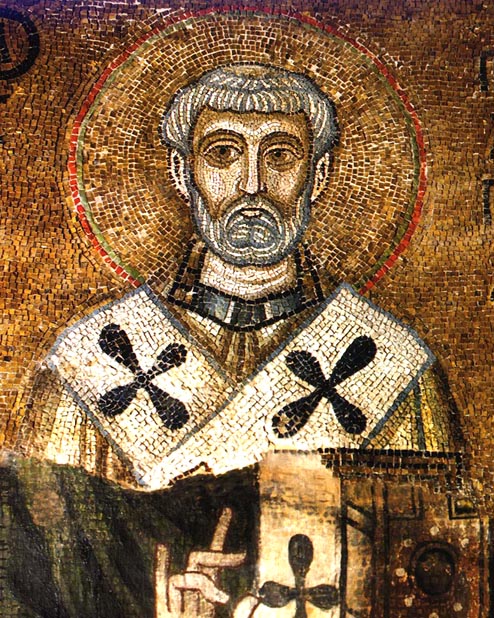
Clement of Rome was the fourth pope (the third successor of Peter after Linus and Cletus). Different authors vary on the exact dates of his reign as pope, but he could have been in office as early as 88 and died as late as 101 AD.
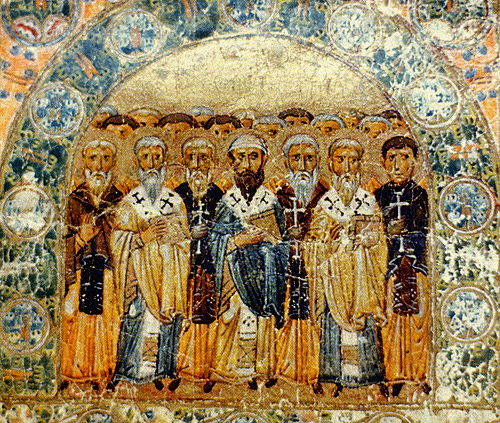
In the era of Saint Paul, the term “father” signified a teacher or mentor. As the Church grew and the mantle of teaching became primarily a bishop’s duty, they too were addressed as ‘Father’. In this article, we shall learn about the evolution of the term ‘Church Father’ and its significance.
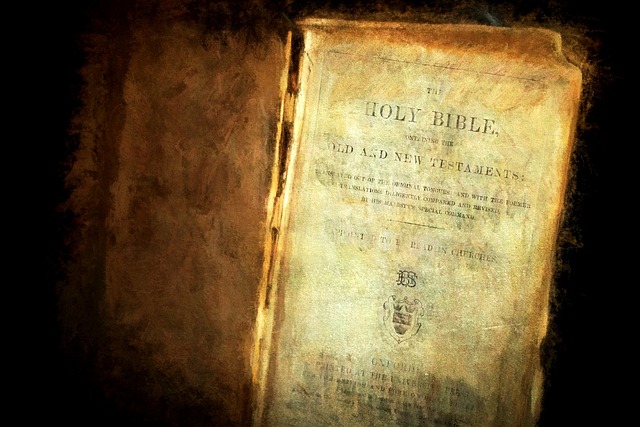
O Clarim commences a new series titled ‘Church Fathers’ by Rev. José Mario O. Mandía. In this series, we shall explore that “living transmission of the word of God” so that, as Saint Paul says, “you, being rooted and grounded in love, may have power to comprehend with all the saints what is the breadth and length and height and depth, and to know the love of Christ which surpasses knowledge, that you may be filled with all the fullness of God.